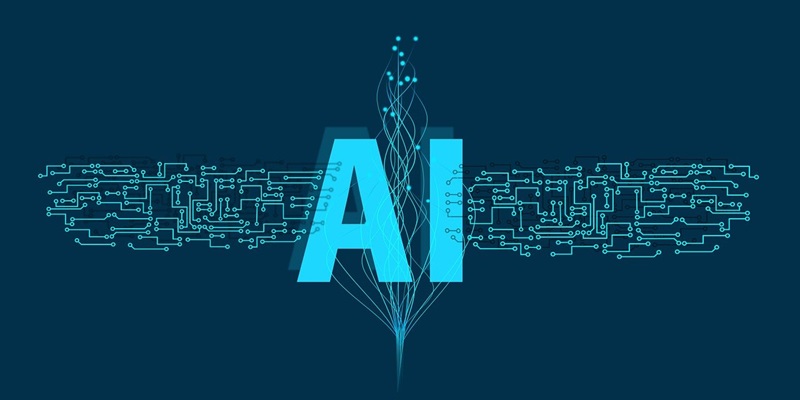In an earnest effort to address one of the most pressing challenges in the realm of artificial intelligence (AI), researchers from Anthropic have unveiled their latest findings on AI bias. Their comprehensive study sheds light on the biases inherent in AI systems and proposes a proactive strategy for creating fair and just AI applications. This article delves into the key aspects of their research, highlighting the importance of mitigating bias for the sake of fairness and justice in AI.
Assessing the Discriminatory Impact of Large Language Models
Anthropic’s research presents a proactive approach to evaluating the discriminatory impact of large language models, particularly in high-stakes scenarios. By scrutinizing these models, the study endeavors to uncover the potential harm caused by biases, urging the AI community to acknowledge and rectify these biases.
Enabling Developers and Policymakers to Proactively Address Risks
At the core of Anthropic’s study lies the aim to empower developers and policymakers with tools and strategies to proactively address and mitigate risks and discrimination embedded in AI systems. By foreseeing the implications of biased AI systems, they seek to equip decision-makers with the necessary means to prevent and rectify issues concerning fairness and justice.
Findings of the Study
Anthropic’s study revealed intriguing results regarding bias within AI systems. On one hand, the models exhibited positive discrimination favoring women and non-white individuals, which highlights the potential for AI to positively impact historically marginalized groups. However, the study also shed light on discrimination against individuals over the age of 60, underscoring the delicate balance required in creating equitable AI systems.
Interventions to Reduce Measured Discrimination
To address the identified biases, Anthropic proposed interventions aimed at reducing measured discrimination. By supplementing AI systems with explicit statements highlighting the illegality of discrimination and encouraging models to verbalize their reasoning, significant reductions in bias were observed. These interventions showcase the potential for ethical safeguards in AI development.
Alignment with Anthropic’s AI Ethics Work
Anthropic’s current research on AI bias harmonizes with their previous endeavors in AI ethics. By working towards reducing catastrophic risks in AI systems, Anthropic reaffirms its commitment to tackling ethical challenges head-on. The alignment between their ongoing projects provides a firm foundation for promoting responsible AI development.
Championing Transparency and Open Discourse
As part of its commitment to transparency and open discourse, Anthropic has chosen to release the full paper, dataset, and prompts generated during its research. This move empowers the AI community to collaborate, refine ethical systems, and engage in constructive dialogue to address bias, discrimination, and related ethical concerns.
Essential Framework for Scrutinizing AI Deployments
Anthropic’s research represents an essential framework for evaluating AI deployments and ensuring their compliance with ethical standards. With the rapid advancement of AI, this framework provides a crucial tool for developers, policymakers, and stakeholders to rigorously scrutinize AI systems and safeguard against biases that compromise fairness and justice.
Challenging the AI Industry
The AI industry faces a paramount challenge in bridging the gap between efficiency and equity. While AI technologies strive for optimal performance and efficiency, it is imperative to also prioritize fairness and justice to avoid perpetuating and exacerbating societal biases. Anthropic’s work emphasizes the need for innovative AI solutions that combine efficiency with a commitment to equity.
Anthropic’s comprehensive research on AI bias stands as a significant milestone in the pursuit of fair and just AI applications. By proactively assessing risks, addressing discrimination, and championing transparency, Anthropic seeks to pioneer ethical AI systems that prioritize fairness and justice. As the AI industry continues to evolve, it is crucial to anticipate and address potential risks and ensure that the AI applications we create are equitable, responsible, and beneficial for all of humanity.

